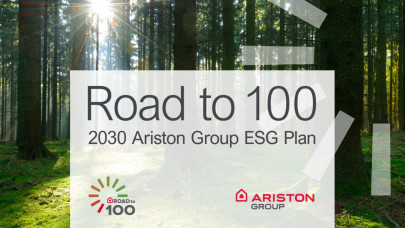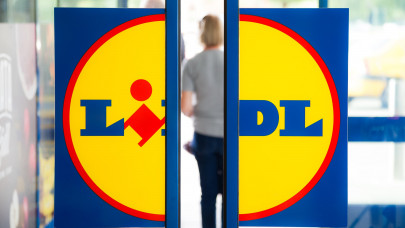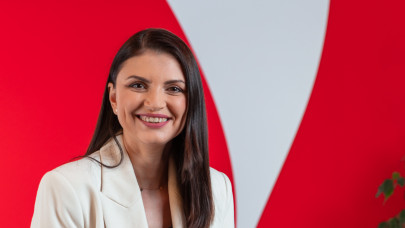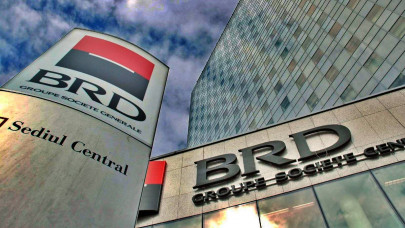Exploring the practical aspects of implementing long-term ESG strategies within organizations, panellists concentrated on effective frameworks for measuring and reporting ESG performance, the importance of stakeholder engagement, and strategies for aligning ESG goals with business objectives. In a panel called „ESG in practice”, chaired by Gabriel Thoumi CFA FRM, CEO of Responsible Alpha, they also shared insights on challenges such as data accuracy, regulatory changes, and the cost of decarbonizing data centres.
Most of the participants supported the idea of having a special sustainability team at the corporations including developers and contractors and were unanimous about the importance of ESG as such. Some said however that there was no need to have a task force. Instead, all decision-makers and the so-called regular workers have to have a clear view of their particular job to achieve ESG goals.
Aneta Martišková, Corporate Affairs & CSR Director, Edenred Česká Republika said that „ESG compliance can help companies to raise reputation and give a message that the firm is capable of making real green steps”. She referred also to the way her firm works with SMEs, saying that smaller companies are not necessarily aware of the importance of ESG. She cited examples of starting a total digitalisation of a company, which was the very first step in a long journey to make the firm ESG compliant.
Jacek Hutyra, Chief ESG Officer, and Leroy Merlin Polska emphasized that internal ESG experts have to be able to explain ESG measures to managers and the rest of the firm differently, by using storytelling methods. According to him, stakeholders may differ very much in the way they understand ESG. He argued against using acronyms like ESG and CSR, suggesting that communication should be tailored to specific stakeholders' needs.
Răzvan Nica, Managing Director, BuildGreen & Carbon Tool was pessimistic about the short-term prospects as he mentioned that the biggest challenge now was the continuous change in regulations in all affected industries across the continent. „We have to get rid of general terms and are pushed to clarify definitions to achieve results”, he argued.
Experts were glad to see meaningful changes in the attitude of tenants of commercial properties. They argued that some three to four years ago landlords were alone in stressing the importance of ESG and the majority of tenants were ignorant. Today the picture is different, a growing number of tenants have come forward with the need to include their steps into the lease agreement. Green Leases are gaining popularity mostly in the office sector with the industrial segment in the second place. At that point, the chair added that there are no standardized Green Lease products issued by banks and lenders yet.
Panellists agreed that today carbon emission is the best measurable part of ESG performance and criticised the approach that repeatedly stressed the importance of EU taxonomies. They also said that we still do not see any rise in social metrics in ESG assessments. Supporting the much-needed rise of social metrics Aneta Martišková mentioned storytelling as a good tool for transmitting the Social component of ESG goals. She said however that due to data inaccuracy, the Environmental element of that acronym can not be presented properly.
Jana Kovandzic Pataky, Senior ESG Program Manager, A1 Telekom Austria Group noted that her company made every effort to include social elements into the final model of ESG measurement. She also said that besides the carbon emission performance, all stakeholders should concentrate on the supply chain as well. They have done a double materiality assessment report required by EU legislation but criticized those regulations for not identifying water, waste or biodiversity as material topics. Nevertheless, the Group had adjusted its assessment to the ongoing modifications in European regulations and had slightly changed the timing of reaching net zero targets.














